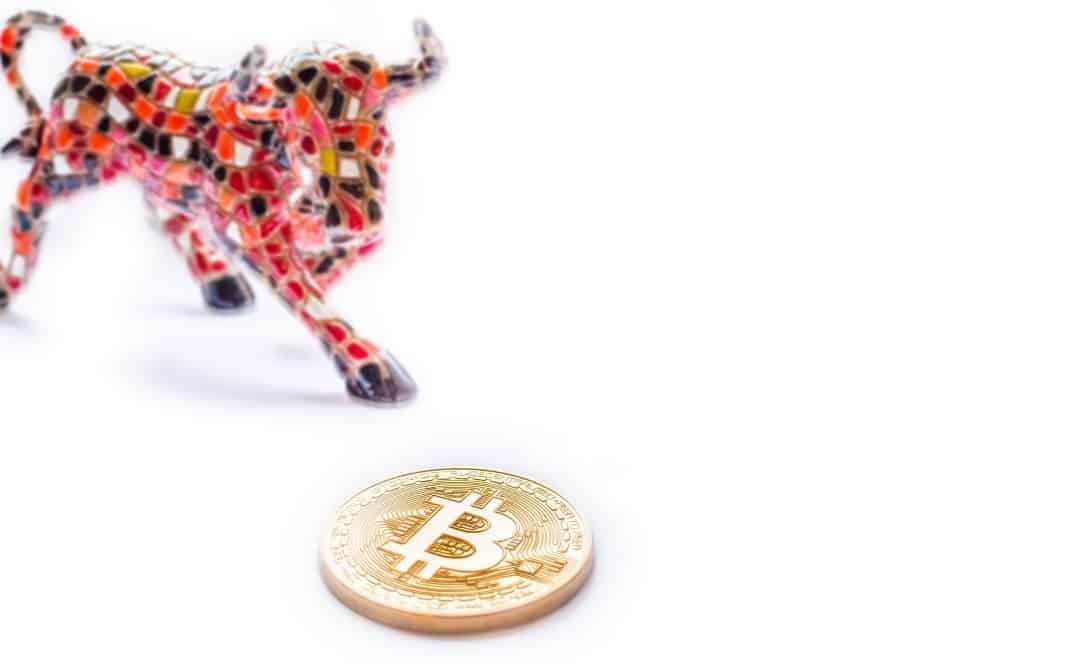The Chinese software company, Meitu Inc. announced a new round of bitcoin and ether purchases valued at about US$50 million USD on March 17, less than two weeks after making a US$40 million cryptocurrency, bringing its total crypto holding values to US$90 million.
Meitu, famous for its app that can make selfie photos look more beautiful or cartoon-like, first bought 15,000 ether and about 379 bitcoin on March 5. This week, the company further expanded its holdings in cryptocurrency with 16,000 ether and about 386 bitcoin.
“The Board believes cryptocurrencies have ample room for appreciation in value and by allocating part of its treasury in cryptocurrencies can also serve as a diversification to holding cash (which is subject to depreciation pressure due to aggressive increases in money supply by central banks globally) in treasury management,” the company said, in a statement. “More importantly, the Board considers this a demonstration to investors and stakeholders that the Group has the vision and determination to embrace technological evolution, and hence preparing its foray into the blockchain industry.”
Based in Xiamen, Fujian Province, Meitu has become the first major Hong Kong-listed, non-crypto company to hold cryptocurrency assets. Meitu’s moves follow news from the West that electric-car maker Tesla has bought US$1.5 billion worth of bitcoin, business intelligence software company MicroStrategy bought over $US1 billion in bitcoin, and payments facilitator Square bought US$170 million worth bitcoin, in lieu of holding those amounts in cash in their corporate treasuries.
How Meitu differs from others pivoting to crypto
Meitu is not the only non-crypto company in China turning to crypto sector in search of greater profits. But unlike other formerly non-crypto Chinese companies, such as Urban Tea and sports lottery provider 500.com that are now pivoting to cryptocurrency mining, Meitu chose to buy bitcoin and ether directly.
As a Hong Kong-listed company, Hong Kong’s regulations allowed Meitu to make direct cryptocurrency purchases — a freedom largely not available to companies on the mainland, unless they don’t mind running afoul of China’s anti-cryptocurrency trading regulations.
“The Hong Kong’s Securities and Futures Commission considers cryptocurrency as a ‘commodity’ and has proper frameworks regulating this asset class,” Marie Tatibouet, chief marketing officer at Gate.io, a cryptocurrency exchange, told Forkast.News. “China’s regulatory environment does put some restrictions as the government prevents trading platforms from engaging in exchanging legal tender for virtual currencies or tokens.”
Meitu’s financial troubles
Meitu is looking for business transformation. Founded in 2008, Meitu is well-known for its photo editing software Meitu Pic, also known as Meitu Xiu Xiu, which attracted about 120 million monthly active users.
In 2013, Meitu expanded its business into smartphone manufacturing and produced its first smartphone with strong selfie functions. But its smartphone business did not perform well. In its 2018 financial report, Meitu reported that its smartphone business lost about 500 million yuan, or US$76.8 million. At the end of 2018, it sold its smartphone to Xiaomi, another smartphone maker in China. According to the financial report from the company, Meitu has been in the red since 2018. The company, which is listed on the Hong Kong Stock Exchange, saw stock prices plummet from about 10 HKD in 2018, to about 1.5 HKD in 2020.
Blockchain as savior
Meitu’s recent bitcoin and ether purchases are not its first foray into blockchain and crypto. In January, 2018, Meitu published its first blockchain white paper for building “Meitu Intelligent Passport,” a decentralized intelligent identification file system based on facial recognition and blockchain technology. In February 2018, Meitu launched a blockchain wallet, called BEC wallet.
Also that February, Meitu said that the company’s app for an international audience, BeautyPlus, was working with Beauty Chain, a blockchain-based platform for the beauty industry, for overseas promotions. Beauty Chain launched its first native token Beauty Ecosystem Coin (BEC) on OKEx — in 2018. However, only two months after its token was launched, a major error was discovered in the BEC smart contract’s code that could have made it vulnerable to hacking, leading OKEx to shut down all BEX trading. The scandal forced Meitu to stop the “cooperation” with Beauty Chain, and Meitu reiterated that it does not and will not issue any token.
Three years later, rather than issuing its own tokens again, Meitu bought ethers and bitcoin.

